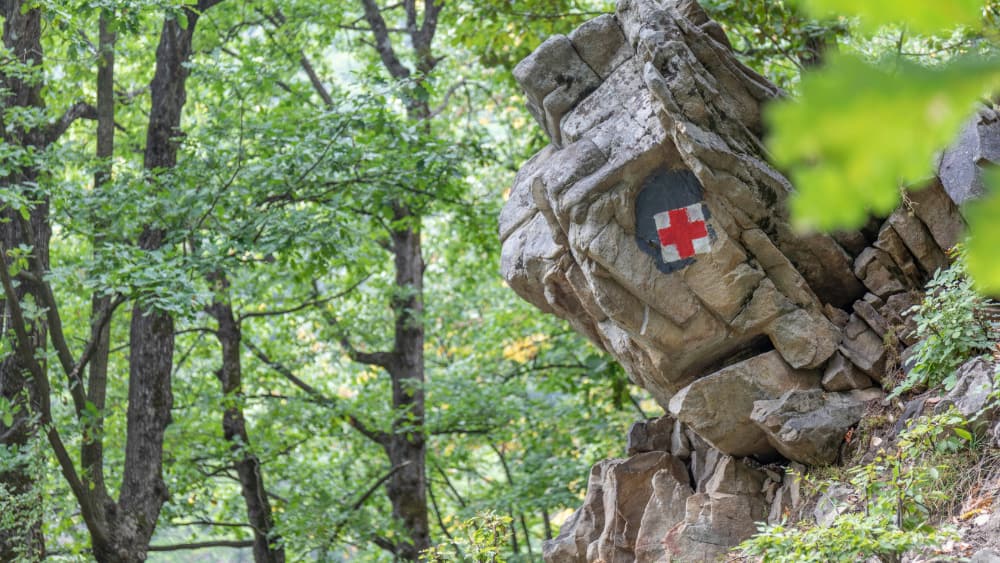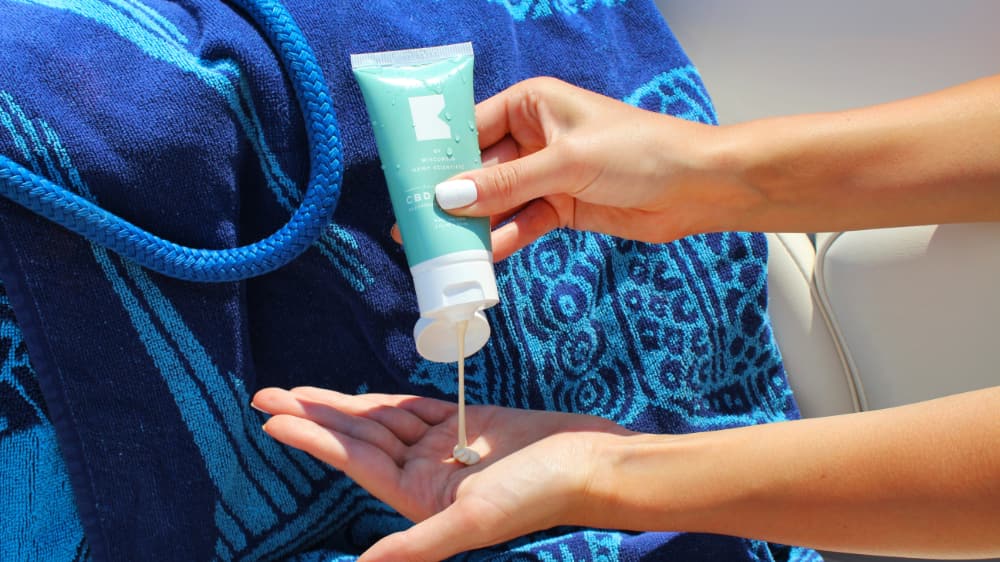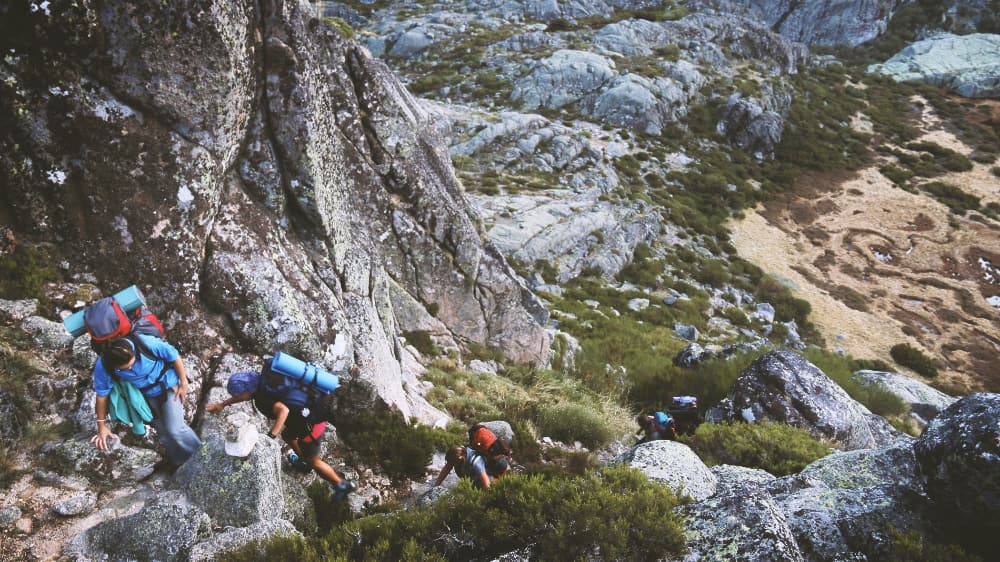A nasty cut can ruin any outdoor enthusiast’s good day — even worse if it becomes infected. While nature is healing for the mind and body, you must be wary of lurking diseases and bacteria.
One can never be too careful when venturing outside, whether misstepping over a fallen branch or touching a poisonous plant. Use these 10 disease precautions to protect yourself in the wilderness.
1. Pack a First-Aid Kit
Always bring a first-aid kit with you on every outdoor adventure. Even the most experienced people are susceptible to injury and unforeseen emergencies.
Be sure to include bandages, antibiotic cream, antiseptic wipes, tweezers, gauze pads, roller bandages and medications in your kit. If it’s been a while since you made it, remember to go through it and replace and replenish expired and used items.
2. Get Vaccinations
Depending on where you live, it may be necessary to receive vaccinations before venturing outside. Tetanus, in particular, can enter your body through bug bites and open wounds, including superficial ones. You may not even realize you have it for up to two weeks when you start showing symptoms.
3. Avoid Contact With Wildlife
Never touch wild animals. Aside from risking getting bitten, wildlife carries many diseases, including rabies and tick-borne illnesses.
Even little mice carry Hantavirus pulmonary syndrome (HPS), which causes dizziness, fatigue, nausea and trouble breathing. HPS symptoms take one to eight weeks to appear and have a mortality rate of 38%.
4. Apply Sun Screen
Apply an SPF 30 sunscreen or higher for the greatest defense against sunburns, skin damage and cancer. Sometimes, you’re unaware of how strong ultraviolet rays are, even on a cloudy day.
Typically, you should reapply sunscreen every two hours, particularly if you are sweating a lot or going for a swim.
5. Use Insect Repellent
Read insect-repellent labels to ensure they contain DEET, picaridin and oil or lemon eucalyptus. Ingredient concentrations matter, too. For instance, bug sprays should contain 15-30% DEET for optimal protection against ticks and mosquitoes. Aside from risking serious disease, these critters leave an itchy bite.
Remember to always spray insect repellent either in the car park or at your outside your own home since spraying in the woods can negatively impact the environment. Also you can find insect repellent clothing that is made to offer long-lasting protection and cover vulnerable areas like the arms, legs, and neck.
6. Wear Protective Clothing
It is best to wear light-colored, long-sleeved shirts and pants to protect yourself from thorns or poisonous plants and make it easier to spot bugs crawling on you. You should also always wear closed-toed shoes.
Look out for poison ivy, poison oak, stinging nettle and cow parsnip — all of which cause uncomfortable rashes. You can tell if something is poison ivy or oak if its branches have three leaves in red and green.
7. Bring Water from Home
Remember to bring a water bottle from home, as lakes, rivers and streams may contain harmful bacteria on the surface. Otherwise, carry purification tablets and matches with you.
Suppose you get lost or stranded in the woods. You can purify natural water by boiling it for one minute or following the instructions on purification tablet packages.
8. Stay on Marked Trails
Trail markings are there for a reason — to protect you from wildlife and potentially dangerous plant life or insects. Tall grasses, in particular, are an ideal habitat for ticks.
Likewise, trails protect wildlife from human diseases and habitat degradation. Even experienced hikers and outdoor enthusiasts must adhere to the rules.
9. Inspect Your Body for Ticks
Always inspect yourself for ticks after your outdoor activities. Lyme disease cases have almost doubled since 1991, from 3.74 to 7.21 people out of 100,000. In fact, Maine, Vermont and New Hampshire have more Lyme disease cases than anywhere else in the nation.
Lyme disease is a serious illness causing joint pain, rashes, fever and fatigue. Antibiotics can get rid of Lyme after a few weeks — however, some people have it for months before it goes away.
10. Disinfect Your Gear
After spending time outdoors, it’s best to clean and disinfect your gear of residue. You could have unintentionally carried diseases, bacteria and insects home. You also wouldn’t want to put yourself at risk the next time you use it.
Do a load of laundry right away and hose down your camping equipment. Check hiking gear to ensure it’s waterproof and read label instructions for further guidance on cleaning.
Preparation is Key to Protecting Yourself Outdoors
Hiking, fishing and other outdoor recreational activities are great ways to connect with nature. However, you must prepare and protect yourself from diseases, infections and bacteria. Take precautions seriously in the wilderness and create lifelong happy memories without injury or illness.



